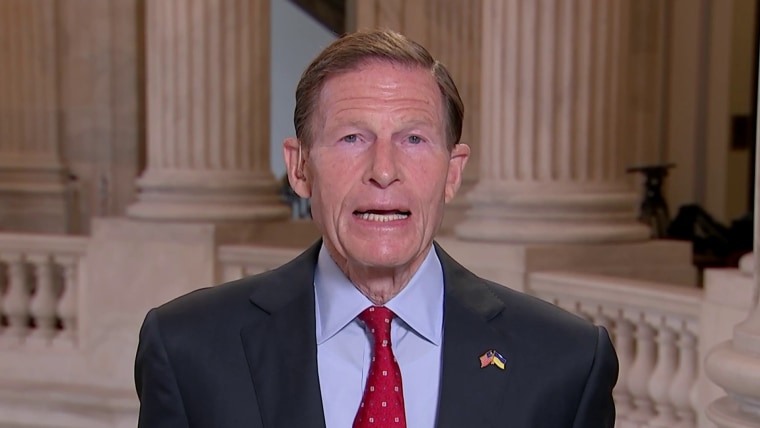 [ad_1]
[ad_1]
Final week, a bipartisan group of lawmakers within the Senate launched laws to forestall social media firms from permitting youngsters underneath 13 on their platforms.
In recent times, consultants and whistleblowers have come ahead with proof about social media’s potential hazard to customers, significantly its impression on the minds of younger folks. And latest efforts to ban TikTok have rightly spurred calls to control all social media platforms.
In principle, the Defending Children on Social Media Act is one step in that course.
Nonetheless, even when we assume all of the lawmakers co-sponsoring the laws are doing so in good religion, a few issues appear clear on the outset: They’re going to have a tough time passing this invoice, and an excellent tougher time imposing it if it’s truly enacted.
First, let’s see what’s within the invoice.
As NBC Information stories, the invoice “would set a minimal age of 13 to make use of social media apps, comparable to Instagram, Fb and TikTok, and would require parental consent for 13- to 17-year-olds.”
A little bit later in NBC’s report, we get a bit extra readability on what this ban would appear to be in observe:
The invoice would ban social media firms from recommending content material utilizing algorithms for customers underneath the age of 18. It could additionally require the businesses to make use of age verification measures, and instructs them to create a pilot venture for a government-provided age verification system that platforms might use.
Underneath the measure, the Federal Commerce Fee and state attorneys common can be given authority to implement the invoice’s provisions.
On its face, the laws doesn’t sound dangerous. However coming from a legislative physique that has taken just about no measures to curb social media use till now, this has the texture of a last-minute college venture haphazardly thrown collectively.
Writing for Wired final week, Matt Laslo laid out among the boundaries to passing this laws. Particularly, he mentions skepticism amongst Democrats and Republicans over the federal government’s capacity — and even its authority — to implement the invoice, and its capacity to ascertain an age verification system that truly works. (How, for instance, would such a system assure a toddler will get permission from their guardian slightly than any grownup?)
There’s additionally confusion as to what constitutes a social media platform. The Defending Children on Social Media Act could also be designed to ban youngsters from utilizing conventional, algorithm-based social media websites, however these days, platforms comparable to YouTube and Spotify — not sometimes often known as social media — are implementing algorithmic suggestions similar to those you discover on Instagram and Fb. There’s little motive to consider the federal government is at the moment ready to deal with the burden of regulating this quickly increasing universe of platforms with manipulative parts.
Social media manipulation is undoubtedly a problem. However lawmakers ought to perceive that regulation must occur in steps. In that vein, I agree with the conservative author Adam Thierer, who wrote in 2022 that an outright social media ban for younger folks would “not be efficient,” partially as a result of we as a society “fail to totally grasp the character of every new medium that youth embrace.”
Lawmakers want to teach themselves concerning the precise platforms they intend to ban, why they intend to ban them and the way they want to take action. After which they should launch a public info marketing campaign to let the plenty know it is a worthy endeavor.
Absent these steps, any social media ban appears doomed to fail.
